The Future of Artificial Intelligence in Everyday Life
Artificial Intelligence (AI) is getting more familiar and frequent in our daily lives than it used to do in the past, life can be envisioned now. It’s steadily weaving its way into our daily lives, transforming how we work, play, and interact with the world around us. As an industry professional, you’re likely aware of AI’s growing presence, but let’s dive deeper into how it’s set to reshape our everyday experiences.
The AI Revolution at Home
Smart Homes Getting Smarter
Even though smart home devices have already made their way to the market, the future is expected to make the integration of these technologies with our lives even stronger. Imagine your house identifying your movements and preferences, automatically turning on or off the lighting and heating and even, choosing items you had no idea you needed. These devices and homes will become like a human brain rather than a machine brain. They will be smartly programmed to use less energy, they can be the first line of defense, and they can make homes much more comfortable, truly personalized living spaces, just as you want.
AI in the Kitchen
One day, you might buy a computer instead of a fridge to support your smart kitchen appliances. AI-supported refrigerators collect data on your food inventory, suggest recipes that can be cooked by you with the remaining ingredients, or even automatically order groceries for you when they are out of stock. Your smart oven will decide on the right mode of cooking by reading your dish’s name and then adjust the time setting for it, thus, you will become master of your cuisine.
AI Transforming Healthcare
Personalized Medicine
The future of healthcare is going to be a more personalized one, and AI is the tool that makes this possible. Fast decisions from the doctors’, due to AI’s analysis of the medical record and the diagnostic signal, are among the benefits that could be expected from this advanced technology. Individualized drugs based on your DNA shall be a reality and a fundamental breakthrough for human life might be achieved by avoiding most of the chronic conditions due to this new aspect of disease prevention and management.
AI-Assisted Diagnostics
The health sector is currently moving into the direction of the AI-supported diagnostic decision. AI programs can undergo the same type of data interpretation as doctors; they can also show some deftness in diagnoses that are beyond human abilities. This perk would lead to the early stage discovery, improving patient prognosis, and efficient patient care management systems.
AI in the Workplace
Automation and Augmentation
The concern widespread among people that AI will replace their jobs in the near future is quite unrealistic because actually, there are much more possibilities of creating job opportunities. The future is surely full of automatization of routine tasks that will allow human workers to think out of the box, and yes, synthetic insights will have been provided by AI. This transition will require new sets of skills but, it is also going to act as a window that will allow happier and productive work experiences.
Enhanced Decision Making
AI could give you deep insights thereby making better decisions regarding the business operations, customer behavior, and market trends. This could result in more efficient processes, more satisfied customers, and higher profitability across industries. It may also be the case for other competing companies to join in the workforce increasing the competition for human workers.
AI in Transportation
Autonomous Vehicles
Self-driving cars are not only a thing of the future but are already implemented. However, as AI will improve, self-driving vehicles could account for the majority of the transportation system. If this were to happen, the environment would benefit from fewer traffic collisions, less congestion, and virusespread protection for individuals unable to drive.
Smart Traffic Management
AI is going to play an important role in the rebirth of urban traffic management, which could result in the reduction of traffic jams and the betterment of air quality. By adopting traffic solutions that involve adaptive lights and push back manual intervention, the system could potentially enhance traffic flow and cleaner transportation by also, eco-driving the most efficient route of the vehicle.
Ethical Considerations and Challenges
Moreover, the use of AI systems brings many benefits but also raises ethical issues. It is, therefore, highly important to address the ethical issues and challenges of AI technology. Other concerns about privacy are also being raised as AI databases are seeing more information gathering; thus, privacy measures need to be adopted that can meet individual demands.
-
- Privacy concerns: As AI systems start collecting a tremendous amount of personal data, the need for strong protections is really pressing.
-
- AI bias: AI systems should be clean from bias but despite many efforts, this remains a challenging task.
-
- Job displacement: While AI will create unique job perspectives, many resources in particular sectors will become outdated thus, workforce retooling will be required.
-
- Accountability: As AI systems get more autonomous, it’s essential to deal with the matters of liability in case of errors or accidents.
Conclusion
The future of AI in everyday life is an adventure with a mix of both challenge and fun. You, being an industry professional, are the one standing against the breaching of this technology. By engaging in these developments and actively participating in the integration of AI into daily life, you can help to create a future that uses its potentials responsibly and ethically and benefits all people with shared choice.
FAQs
How soon will AI become a significant part of our daily lives?
AI is at least partially present in some people’s daily lives through smartphones, smart home devices, and online services. It is quite likely that its presence will skyrocket in the next 5-10 years.
Will AI completely replace human workers?
There are already some jobs, which will be done by AI while the others will be done by people, so it will be a half AI and a half human. As AI becomes much more prevalent in the workforce, will the composition of the workforce change to all the technologies and just some human operators? Yes, we have been seeing massive job loss in manufacturing for years and decades, but, on the other hand, new jobs are also being created. *
How can we ensure AI is developed and used ethically?
Developing AI responsibly needs the cooperation of technologists, ethicists, policymakers, and society. These include setting up strong regulations, ensuring transparent AI implementation, and also, introducing fairness and privacy in AI design.
What skills will be important in an AI-driven future?
Very much demand will be for critical skills such as emotional intelligence, critical thinking, and adaptability. Apart from this, specific expertise in data science and AI will also be very much feed in various sectors.
How will AI impact personal privacy?
AI generally needs big data, therefore, privacy problems are inherent. The situation needs to be resolved through a mix of AI benefits and personal privacy, and the resolution will surely be incomplete and will continue to present a series of challenges. Data collection in the form of sensors spread throughout a building or vehicle that is then processed by AI are quintessential to using these intelligent systems to their fullest extent. In turn, these data can be related to very specific, individual, usage patterns that introduce a huge host of potential risks to data privacy. Striking the right balance between the improvement of the AI system does and the safeguarding of the personal privacy rights can be done through a careful examination and installation of adequate safety measures.

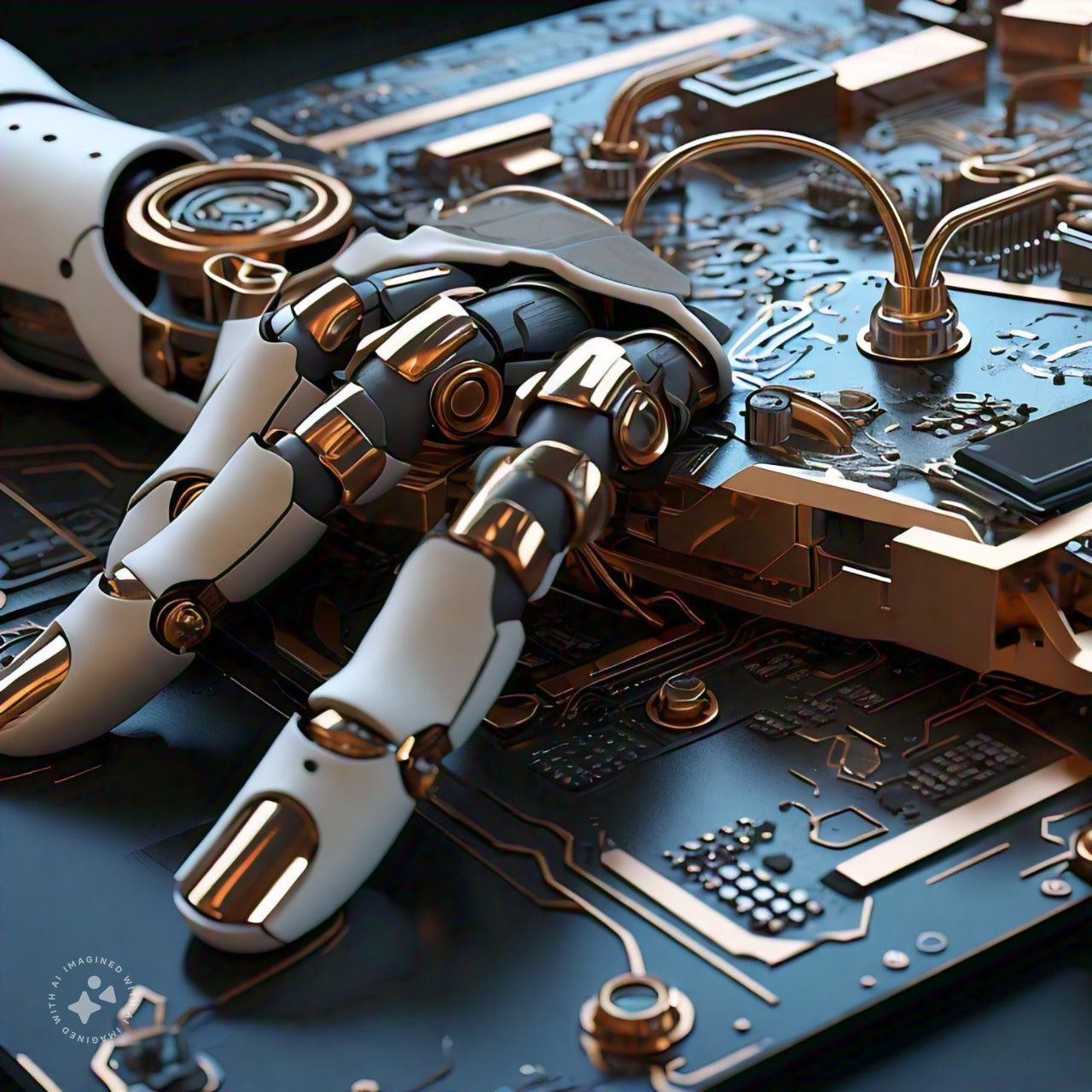
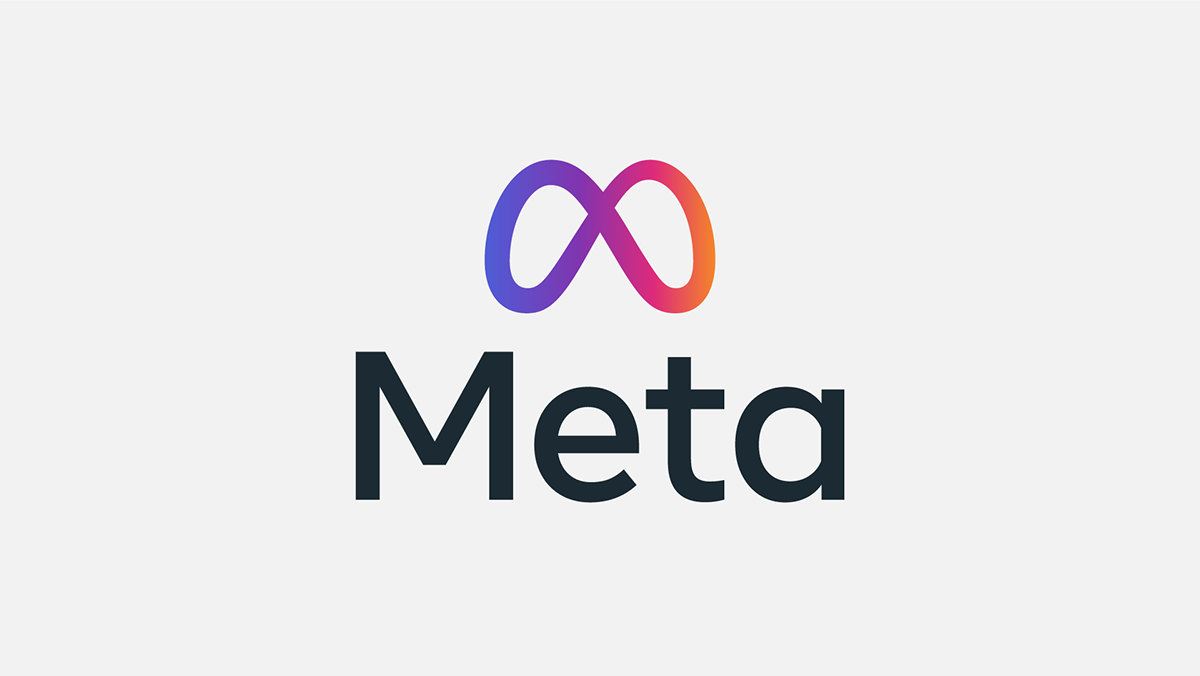

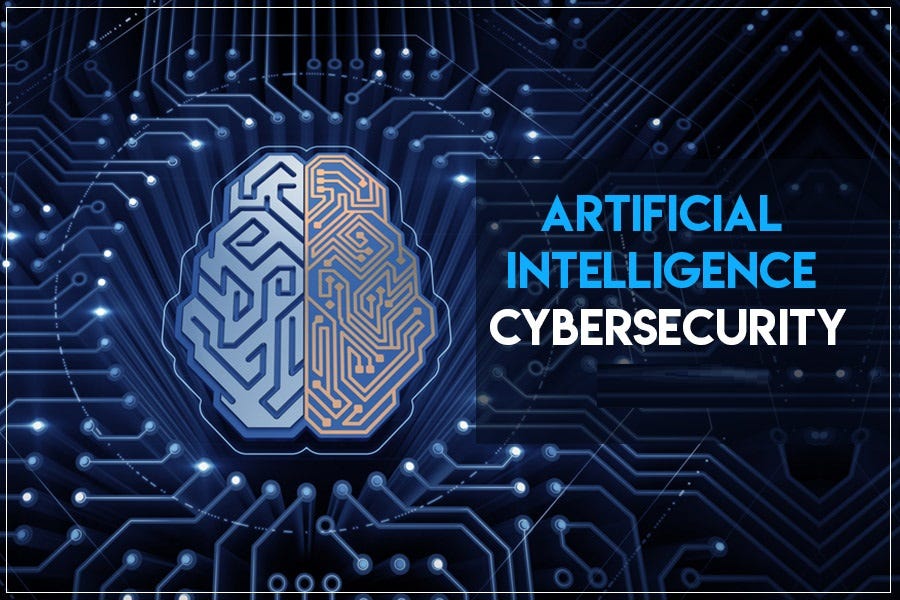
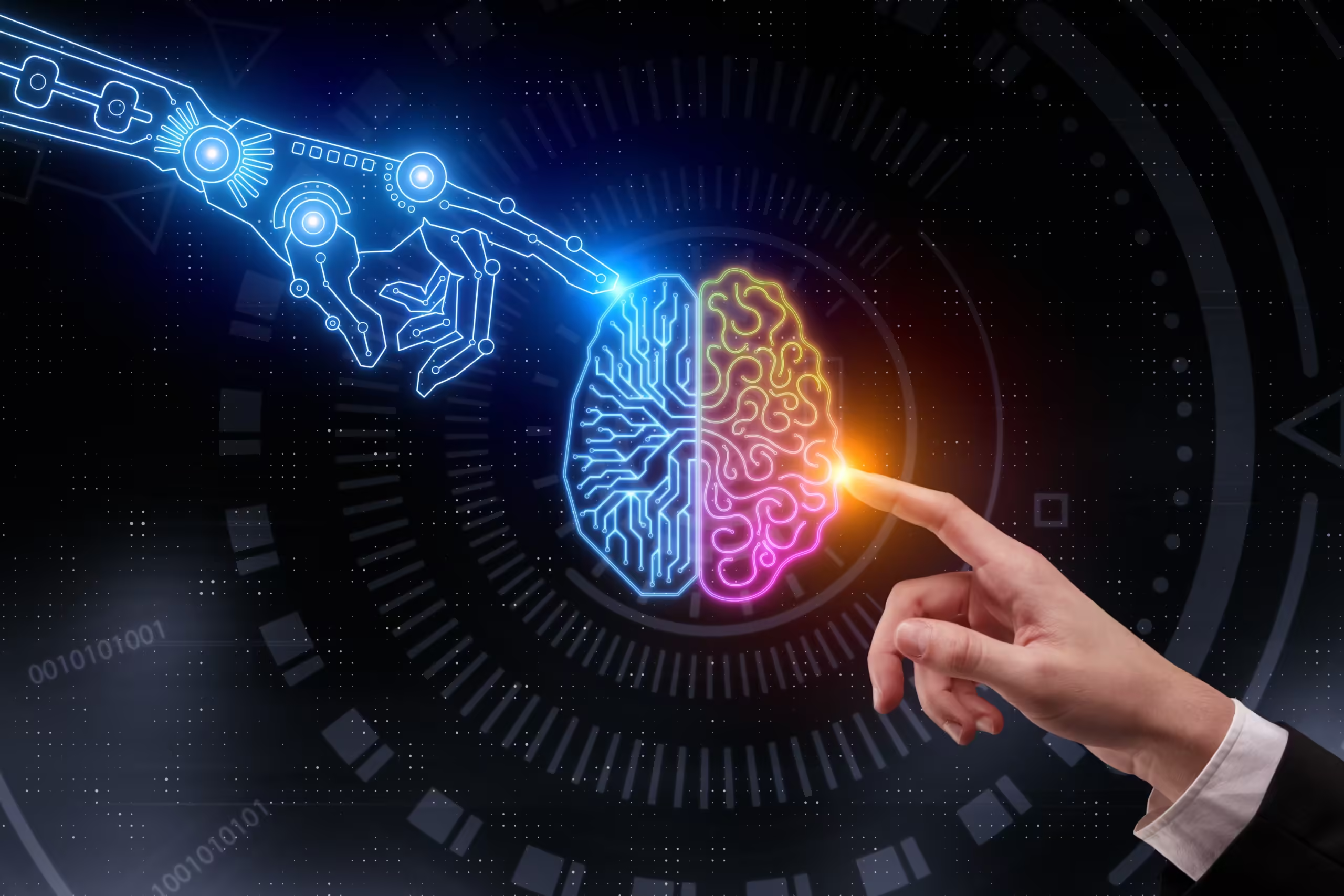


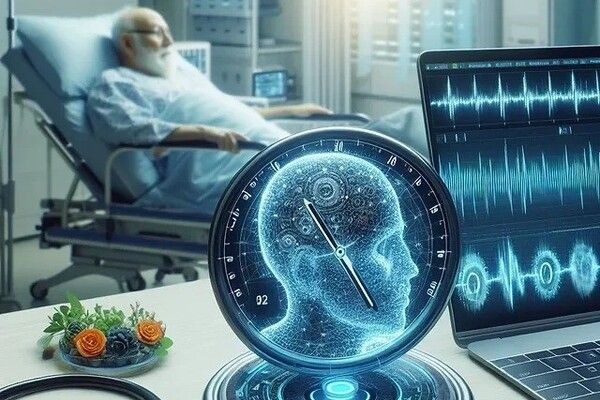
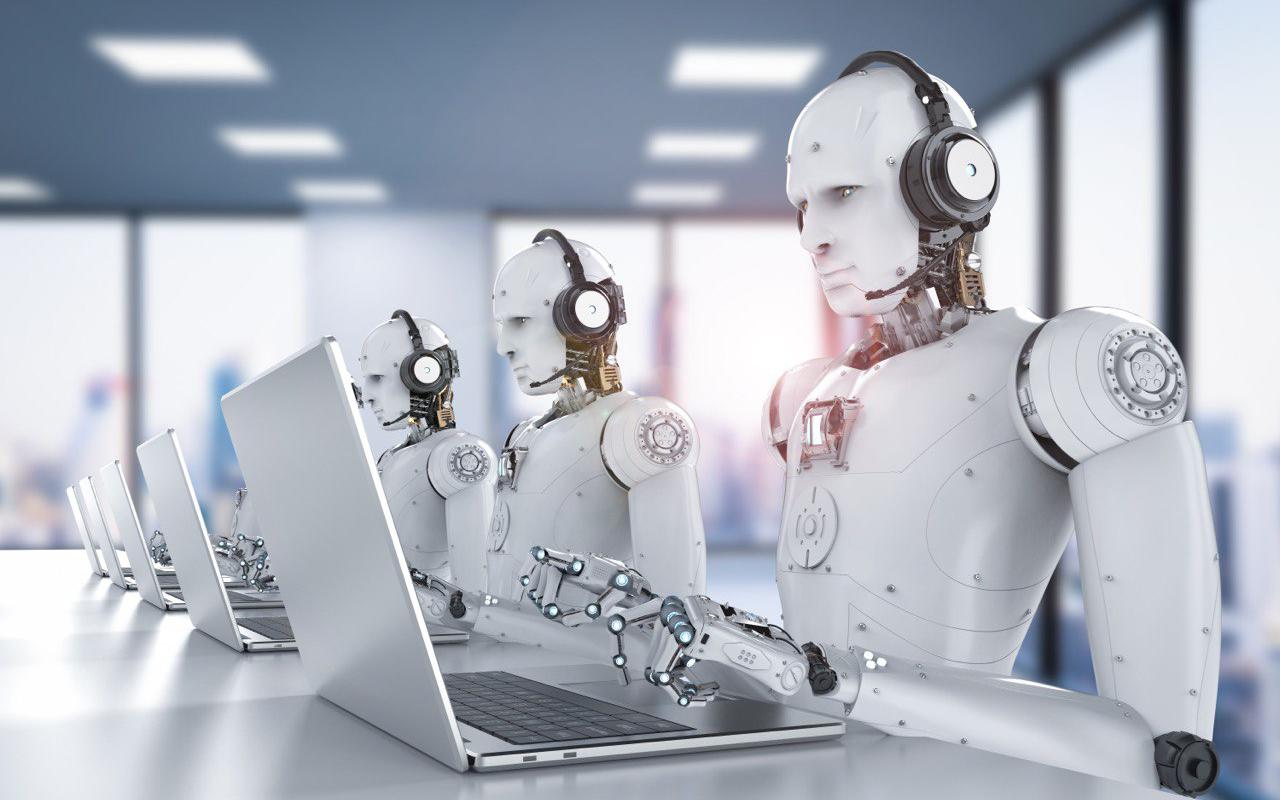
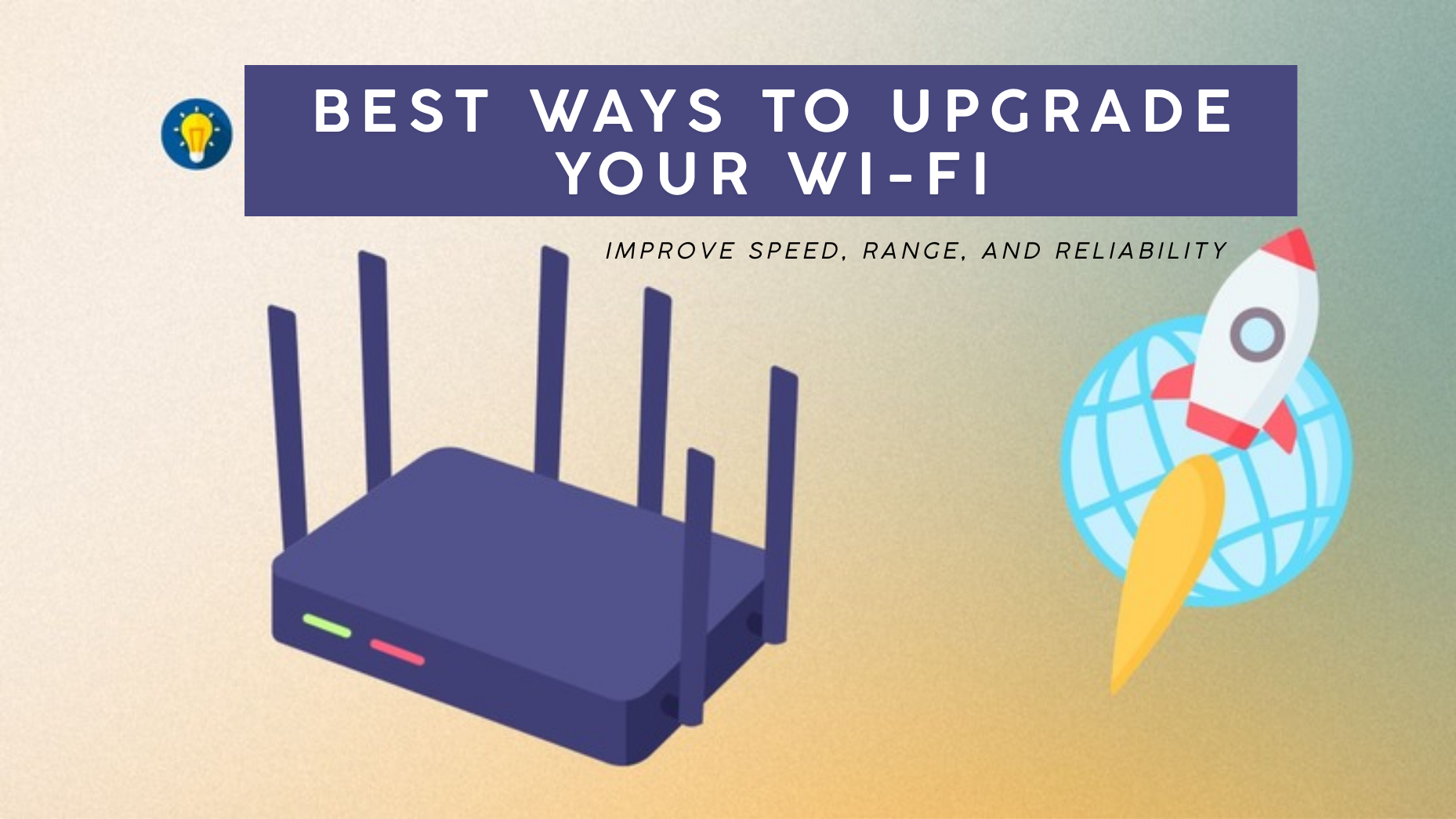
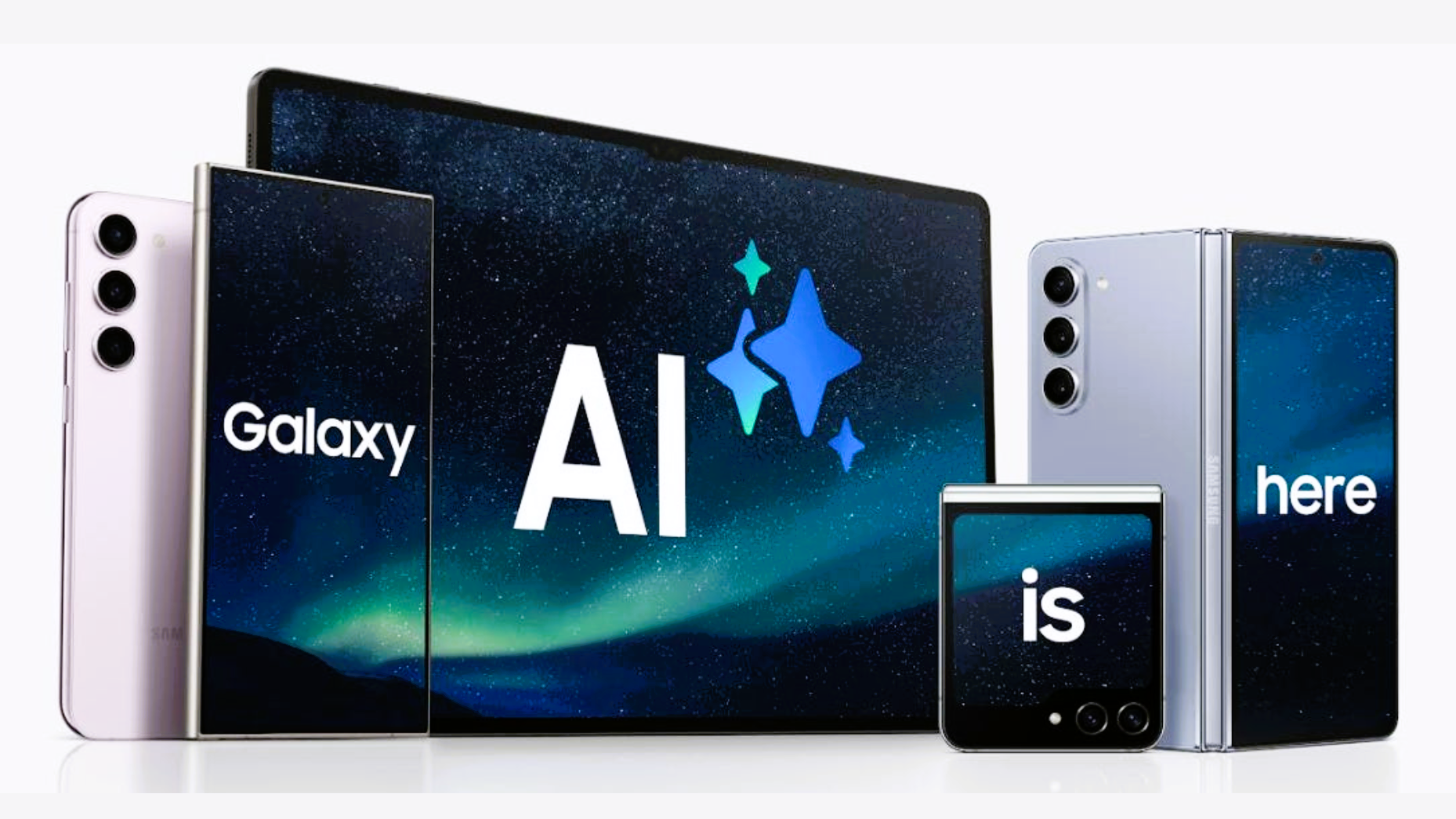
Leave a Reply